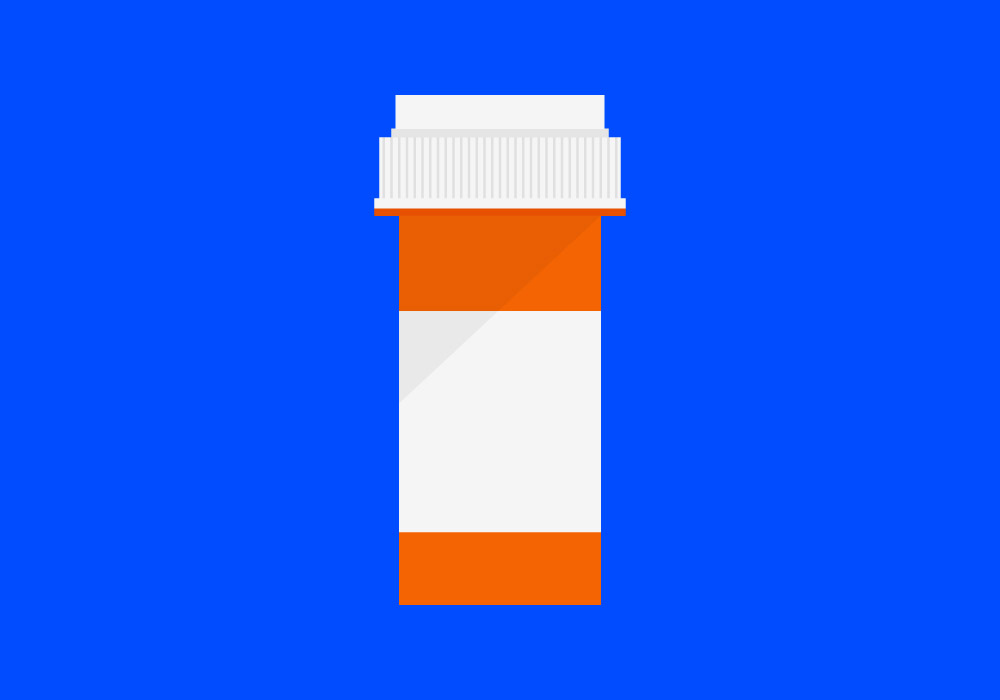
Teva Pharmaceutical Industries Ltd.’s shortage of Adderall is expected to last through March, longer than the two to three months the company said last week, according to U.S. regulators.
The popular treatment for attention-deficit/hyperactivity disorder has been in short supply since at least August, leaving people racing to fill prescriptions and find pharmacies with the elusive medication in stock. Demand for the drug is at an all-time high, and Teva sells more Adderall in the U.S. than any other drug company.
Teva “is experiencing ongoing intermittent manufacturing delays,” the FDA said on its website on Wednesday. While other companies are producing the drug, “there is not sufficient supply to continue to meet U.S. market demand through those producers.”
Read More: For Some Women With ADHD, TikTok Is the First Place They Felt Heard
Teva spokesperson Kelley Dougherty said that an earlier labor shortage at the company, which has since been resolved, combined with rising demand for the drug and manufacturing limits set by the U.S. Drug Enforcement Administration contributed to the shortage.
“We are working closely with our manufacturing facility and the DEA to see what additional volume we may be able to support in the future,” Dougherty said.
Five doses of Teva’s generic immediate-release Adderall are on backorder, with recovery expected in March, including the most popular 10mg, 20mg, and 30mg pills, according to the FDA. Most of Teva’s branded immediate-release formulations are available, but the 10mg tablets are also on backorder, with recovery expected this month.
Nine companies total have had trouble supplying Adderall recently.
The FDA lists three companies in addition to Teva with shortages—Epic Pharma LLC, Rhodes Pharmaceuticals LP (a subsidiary of Purdue Pharma LP) and SpecGX LLC (a subsidiary of Mallinckrodt Plc). In addition, the University of Utah’s Drug Information Service, which tracks drug shortages, reported last week that Amneal Pharmaceuticals Inc., Camber Pharmaceuticals Inc, Novartis AG’s Sandoz unit, Par Pharmaceutical (part of Endo International Plc), and Sun Pharmaceutical Industries Ltd., were having trouble supplying the drug.
More Must-Reads from TIME
- Cybersecurity Experts Are Sounding the Alarm on DOGE
- Meet the 2025 Women of the Year
- The Harsh Truth About Disability Inclusion
- Why Do More Young Adults Have Cancer?
- Colman Domingo Leads With Radical Love
- How to Get Better at Doing Things Alone
- Michelle Zauner Stares Down the Darkness
Contact us at letters@time.com